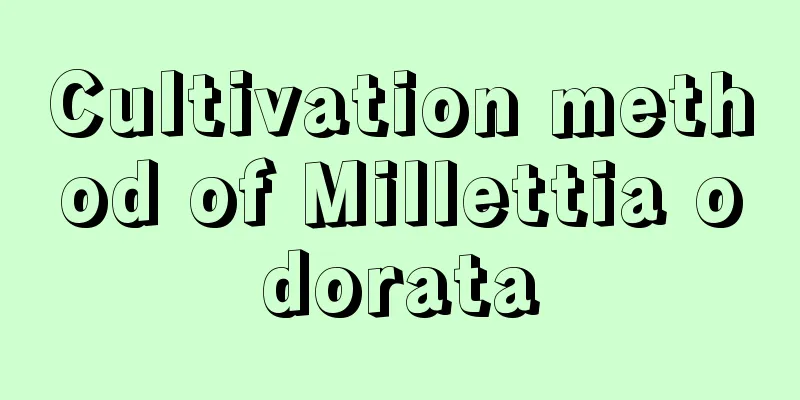Why can't crops be planted repeatedly? (You can tell which crops can't be planted repeatedly at a glance)

The reason why crops cannot be planted repeatedlyThere are many reasons why some crops cannot be planted repeatedly. One of them is that planting the same crop all year round will cause a particular lack of certain trace elements in the soil, thereby inhibiting the growth and development of subsequent cultivated plants. For example, continuous cropping of wheat will significantly reduce the phosphorus content in the soil, and continuous cropping of soybeans will reduce the bioavailability of zinc in the soil, thereby affecting the efficiency of photosynthesis and reducing yields . The metal ions in the soil will combine with malic acid and salicylic acid in the root secretions of tobacco, potatoes, tomatoes, peppers, etc. to form complexes, and with citric acid to form complexes and chelates. Relatively speaking, the root system can absorb and utilize chelates at a higher level, which is why some crops that are not tolerant to continuous cropping will suffer from severe nutrient deficiency after continuous cropping. Another point is that some crops have an excessive demand for certain trace elements , which causes the lack of some trace elements in the soil and leads to nutrient deficiency. The second is pests and diseases. When planting crops that cannot tolerate repeated cropping, there will be some fungi and bacteria in the soil that will parasitize the crops. Years of continuous cropping will make these pathogens more adapted to the soil environment of the crop and will also develop resistance to drugs, affecting the normal growth of the crop's roots, causing poor root growth and restricted growth of the aboveground parts. Even if it is planted every other year, these remaining pathogens and insect eggs can still have a certain impact on it, which is called "back-stubble". For example, the incidence of corn head smut in corn planted for three consecutive years can be as high as 29.5%. The third is the self-toxic effect of the roots. The roots of these crops that are not tolerant to repeated cropping will secrete toxins to poison the roots of adjacent crops. When these crops are planted repeatedly, the toxins secreted by the roots will accumulate in the soil and have a toxic effect on the roots of the crops, resulting in poor growth, reduced yield and decreased quality. For example, phenolic acids secreted by rice can inhibit the growth of subsequent rice seedlings. Generally speaking, many crops in rural areas will not be planted on one piece of land for many years. In fact, most of them are due to the above three reasons. If you plant crops like this all year round, pests and diseases will become more serious and the yield will be reduced. Therefore, it is better not to plant crops repeatedly. |
>>: What causes the bending of cucumbers (reasons and solutions for the bending of cucumbers)
Recommend
What tree is used as rootstock for grafted persimmon (grafting method and maintenance management of persimmon tree)
1. What are the rootstocks for grafted persimmon ...
How to Make White Chrysanthemums Bloom for Christmas
Actual flowering period This kind of flower can l...
How to grow sea buckthorn
1. Loose soil Sea buckthorn has a strong adaptabi...
What to do if lucky bamboo leaves rot
1. Reasons 1. It may be because its leaves have n...
When to plant colored calla lilies and how to prepare the soil
1. Planting time Planting of colored calla lilies...
The difference between wax gourd and winter melon
1. Difference of blades The leaves of wax gourd a...
When is the best time to take cuttings of Tigerthorn Plum? What month is the best time to take cuttings?
Euphorbia cutting time Euphorbia milii can be pro...
What is the best fertilizer for green grass?
Green grass fertilization time Green grass needs ...
How to grow big pumpkin and what to pay attention to
1. Soil The big pumpkin does not have very high r...
How to prune grapes
When is the right time to prune grapes? Grapes ar...
How to grow hibiscus
Hibiscus Growing Conditions Hibiscus likes a warm...
Is it okay to use leftover tea water to water flowers? What flowers and plants can be watered with tea water?
Many people have the habit of drinking tea, but m...
Radish cultivation methods and precautions
1. Maintenance methods 1. Soil: When planting rad...
The effects and functions of blueberries, the benefits of eating blueberries
1. Cancer prevention Blueberries have high nutrit...
These 6 kinds of flowers will take root in 5 days and bloom in 10 days when placed in pots!
Sunflower 1. Choose relatively sturdy branches wi...









